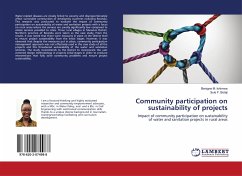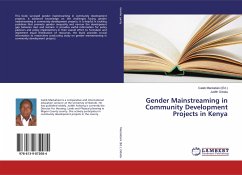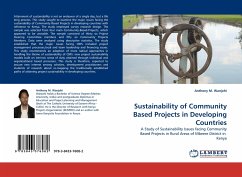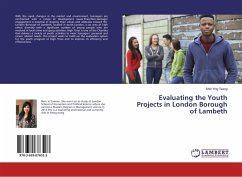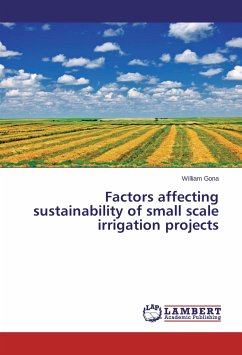Water-related diseases are closely linked to poverty and disproportionately affect vulnerable communities of developing countries including Rwanda. This research was conducted to evaluate the impact of community participation on sustainability of water and sanitation projects with a focus on rural areas where the services are usually significantly low compared to similar services provided to cities. Three rural villages in Musanze District, Northern province of Rwanda were taken as the case study. From the results, it was noted that there were measures in place at the District level to ensure project sustainability from the initial stages. However, it was observed that despite the measures put in place, community participation management approach was not effectively used in the case study of all the projects and this threatened sustainability of the water and sanitation schemes. The study recommends to the District to incorporate the user centered design methodology in projects initial stages in order to produce interventions that fully solve community problems and ensure project sustainability.
Hinweis: Dieser Artikel kann nur an eine deutsche Lieferadresse ausgeliefert werden.
Hinweis: Dieser Artikel kann nur an eine deutsche Lieferadresse ausgeliefert werden.

